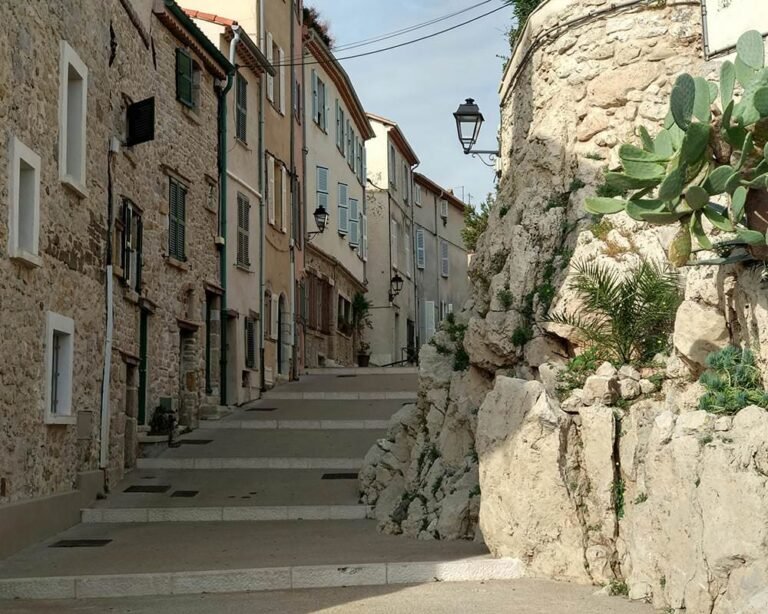“-tie” pronunciation
French words like “démocratie,” “acrobatie,” “aristocratie,” or “patienter” all contain the letter combination “tie.” How are words like these pronounced in French? What about words like “amnistie” or “dynastie”?
The “tie” letter combination in French can either be pronounced as “SEE” or as “TEE.” How do you know which pronunciation to use? The easiest way is to look at the pronunciation of the equivalent English word. “La démocratie” means “democracy.” The “cy” at the end of “democracy” is pronounced “SEE.” Therefore the “-tie” ending of the French “démocratie” is pronounced “DAY MOH KRAH SEE.”
The same thing applies to the word “aristocratie,” which corresponds to “aristocracy” in English. It is pronounced “AH REE STOH KRAH SEE.”
“Patienter” (to wait) is pronounced with a soft “t” – a tiny bit like the word “patient” in English. “Patienter” is pronounced “PAH SEE YON TAY.”
But French words like “amnistie” (amnesty), “garantie” (guarantee) or “dynastie” (dynasty) are pronounced with a hard “t” sound. “Amnistie is pronounced “AHM NEE STEE,” “garantie” as “GAH RON TEE” and “dynastie” as “DEE NAH STEE.” All of these are relatively close to the English pronunciation.
What about a word like “acrobatie” (acrobatics), where the English word has a hard “t”? Here unfortunately the rule breaks down, and the “-tie” ending is a soft “t,” just like “démocratie” and “aristocratie.” The pronunciation of “acrobatie” is “AH KROH BAA SEE.” However, notice that the word structure of “acrobatie” is very similar to the word structure of “démocratie” and “aristocratie,” which is why it has a soft “t,” just like those two other French words.
What about the word “sortie” (exit), which appears to be similar to “démocratie” and “aristocratie”? Well, here it is a hard “t” because it comes from the verb “sortir” (to go out), which has a hard “t”.
So there is some rhyme, but not always a lot of reason, to the pronunciation of the letter combination “tie” in French.






